27, June 2021
CPDM Crime Syndicate embraces China and pays price with Australia’s Sundance Resources 0
Cameroon signed a deal on Friday with two China-linked companies to construct a railway from the coast to a large cross-border iron deposit, the state broadcaster said, even as it faces legal action over the project from Australia’s Sundance Resources.
Sundance has filed for international arbitration and billions of dollars in damages, saying Cameroon and Congo Republic have violated contracts by developing the Mbalam-Nabeba project with Chinese investors.
Cameroon’s mines minister and transport minister signed the memorandum of understanding to construct the rail link from Mbalam to the southern port of Kribi with representatives of Aust-Sino Resources and Bestway Finance, the state broadcaster CRTV said in a post on Twitter.
The ministries did not respond to a request for comment.
Bestway Finance is registered in Hong Kong. Mining company Aust-Sino is based in Australia, but some of its board members have close links to China, according to its website.
Aust-Sino, which was a major backer of Sundance until last year, did not respond to a request for comment. Bestway could not be reached.
Congo Republic revoked Sundance affiliate Congo Iron’s permit for the Congolese part of the project in December and awarded it to little known company Sangha Mining Development Sasu, which is backed by Bestway.
Mining has yet to start at Mbalam-Nabeba, which has an estimated 775 million tonnes of iron ore. Over 500 kilometres (310 miles) of rail needs to be built to transport the ore to the coast.
Projects requiring significant infrastructure investment have become more viable due to a surge in iron ore prices, which hit a record high in May as a rebound in demand for the key steel-making ingredient from top consumer China outpaced supply.
Source: Reuters
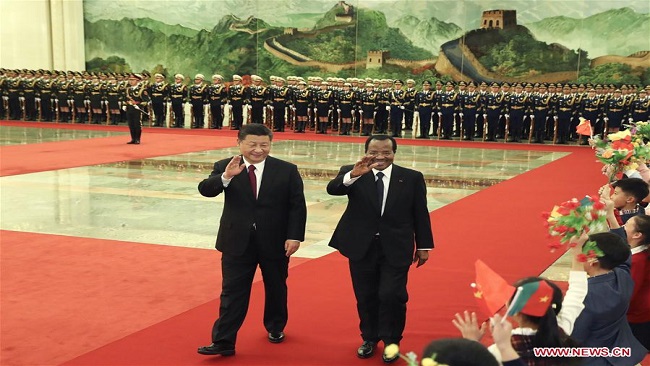
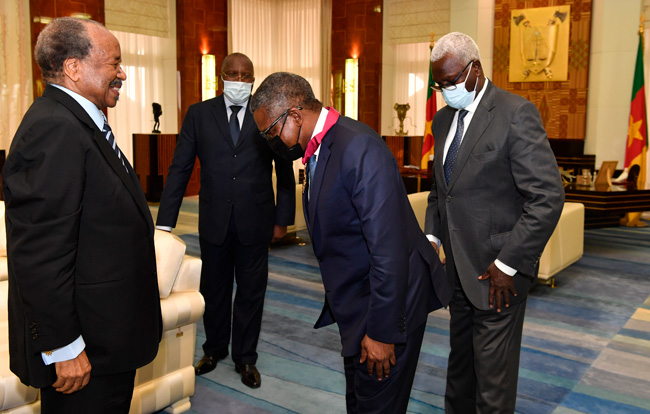


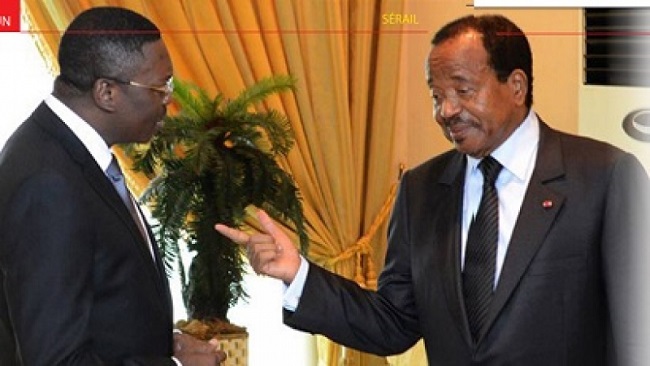
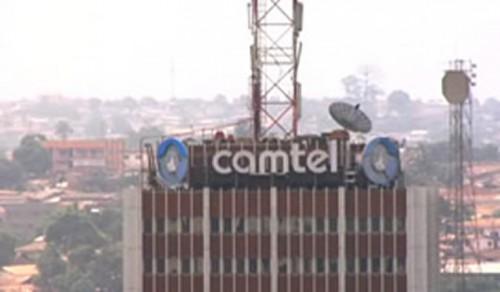


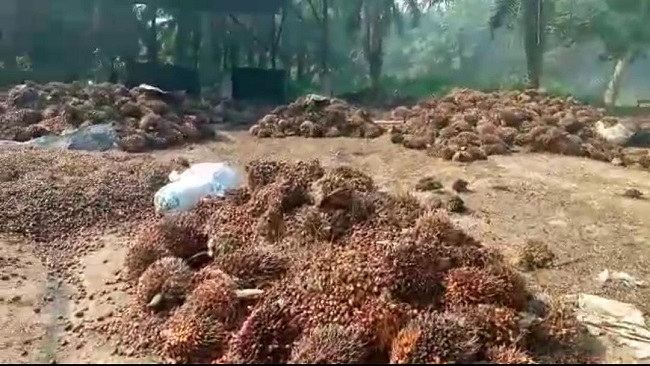

















1, July 2021
Biya regime issues EUR685 million eurobond with 5.95% coupon 0
Cameroon has issued a EUR685 million ($812.20 million) eurobond with 5.95% coupon, proceeds from which will help refinance a 2015 eurobond, the finance ministry said in a statement.
The bond, with an 11-year maturity, was oversubscribed, with an orderbook of EUR2.258 billion, it said.
($1 = 0.8434 euros)
Source: Reuters